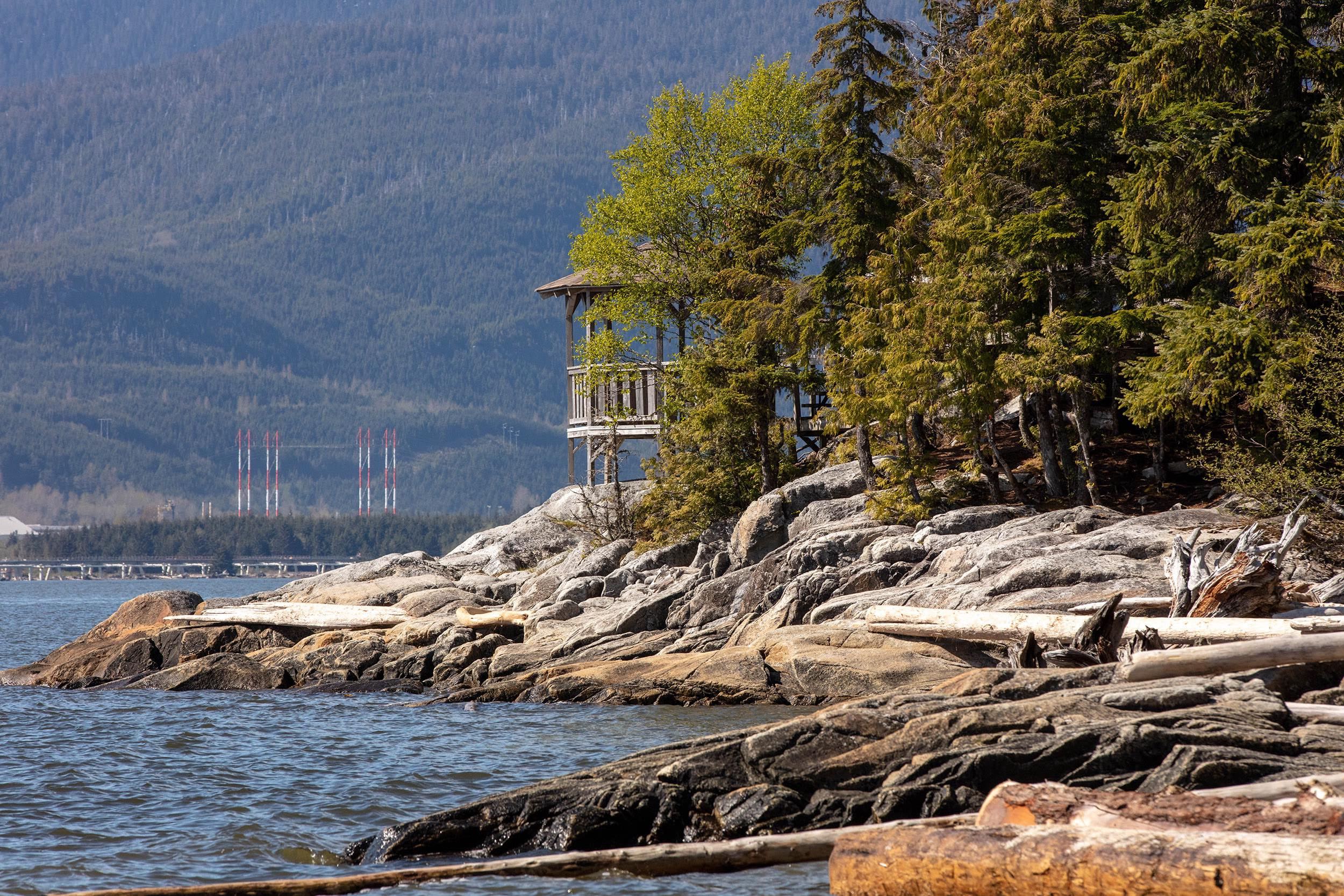

Environmental protection has been a key driving force for us from the start. We have a deliberate focus on regulatory compliance and meeting commitments to Indigenous and local communities, while also maintaining a focus on mitigating impacts on the receiving environment.
LNG Canada is committed to monitoring and reporting the effects of our activities over the life of the project, with the goal of demonstrating ongoing responsibility and responsiveness to our proposed project effects. In fact, many of the conditions of our permits require this of us.
LNG Canada received its Environmental Assessment Certificate in June 2015. This followed three years of consultation to learn about local communities and their aspirations, prepare a variety of studies, and ensure we have designed a project that meets or exceeds expectations.
LNG Canada’s Environmental Assessment Application covers all of the major project components – the LNG facility, the shipping route, the marine terminal, and the supporting infrastructure and facilities. It also included details regarding the project’s potential economic and social benefits, environmental impacts, and mitigation measures to avoid or reduce those impacts.
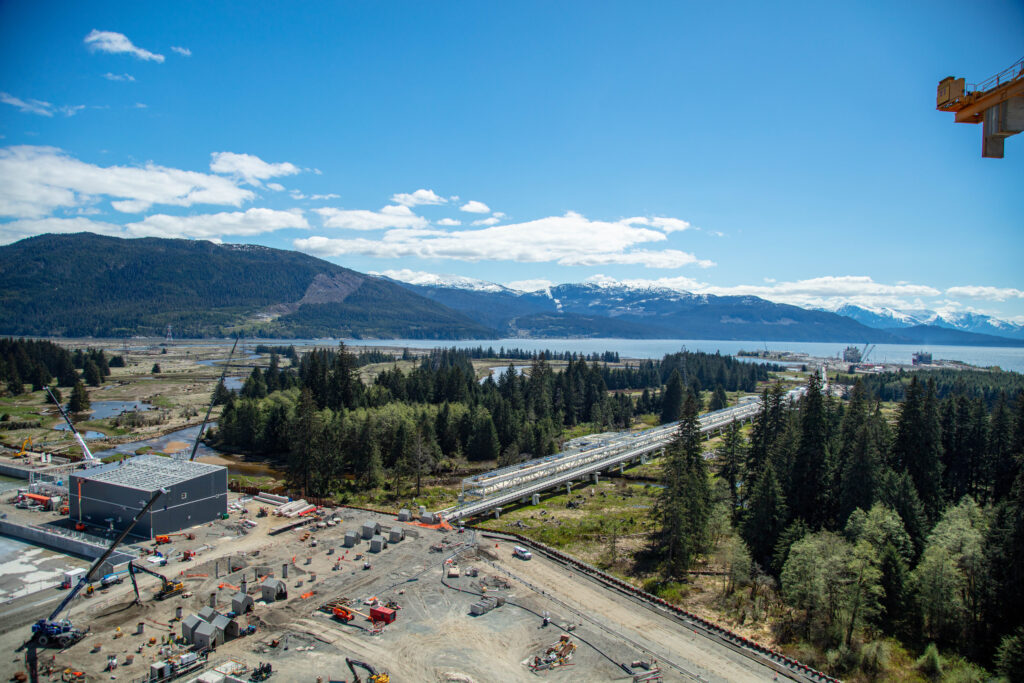
 engaging in wetland restoration and planting activities" width="1024" height="683" />
engaging in wetland restoration and planting activities" width="1024" height="683" />
Although our facility is built on an existing industrial site, our construction activities and operations impacted some vegetation including swamps, fens, marshes, and wetlands and altered the Kitimat River and its tributaries, which provide an important habitat for a variety of fish species. We worked hard to develop mitigation measures to avoid, reduce or replace our predicted effects on fish and fish habitats. We are committed to fully offsetting permanent loss or alteration of habitats, as required under the Canada Fisheries Act.
We are implementing a wide range of environmental offsets by creating, restoring, and enhancing wetlands that will serve to protect critical habitat in the freshwater, marine and estuary environments including:
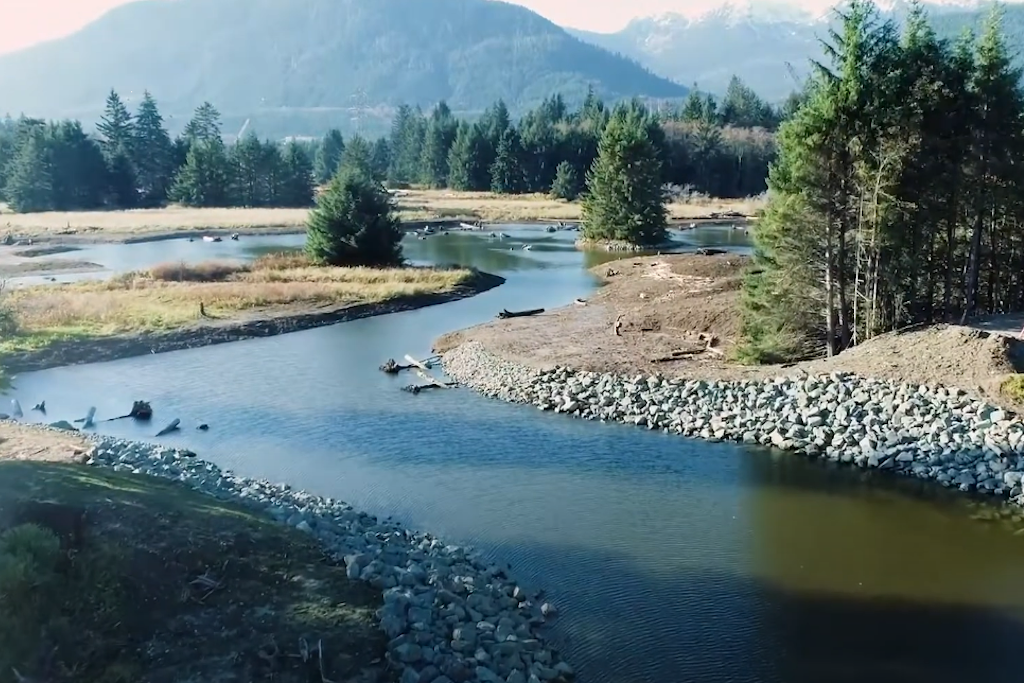
We looked to maintain spawning habitats for salmon and provide freshwater, off-channel rearing habitats and refuge from the high flows in the Kitimat River mainstem, for juvenile salmon and oolichan.
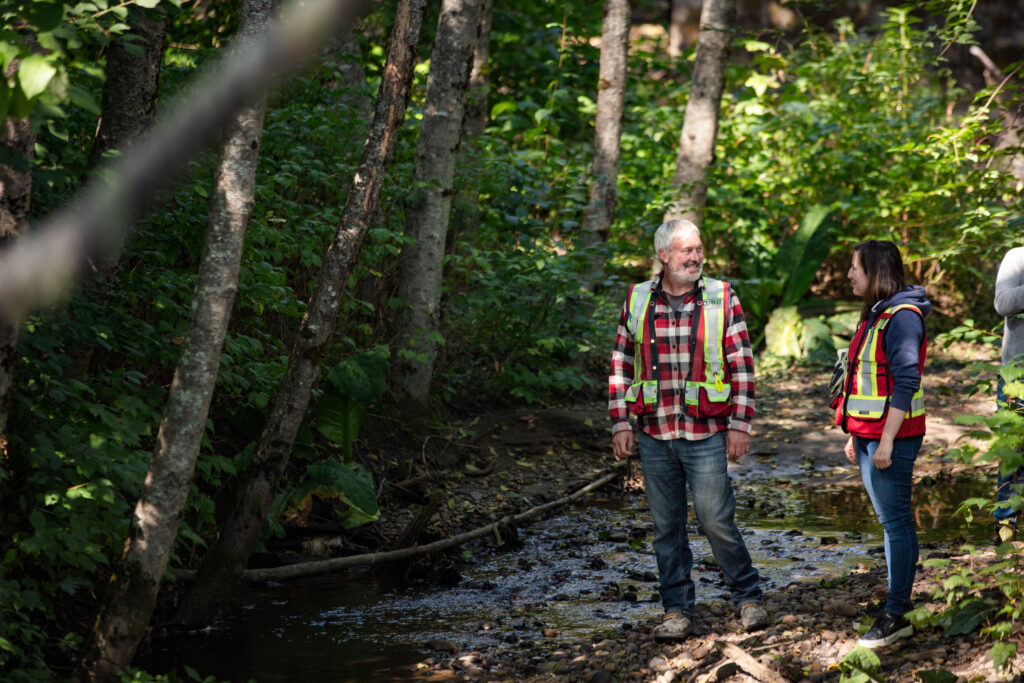
We are restoring the creek to its natural state to enable fish-rearing habitat following alterations made in the 1950s while improving public pathways and area enjoyment.
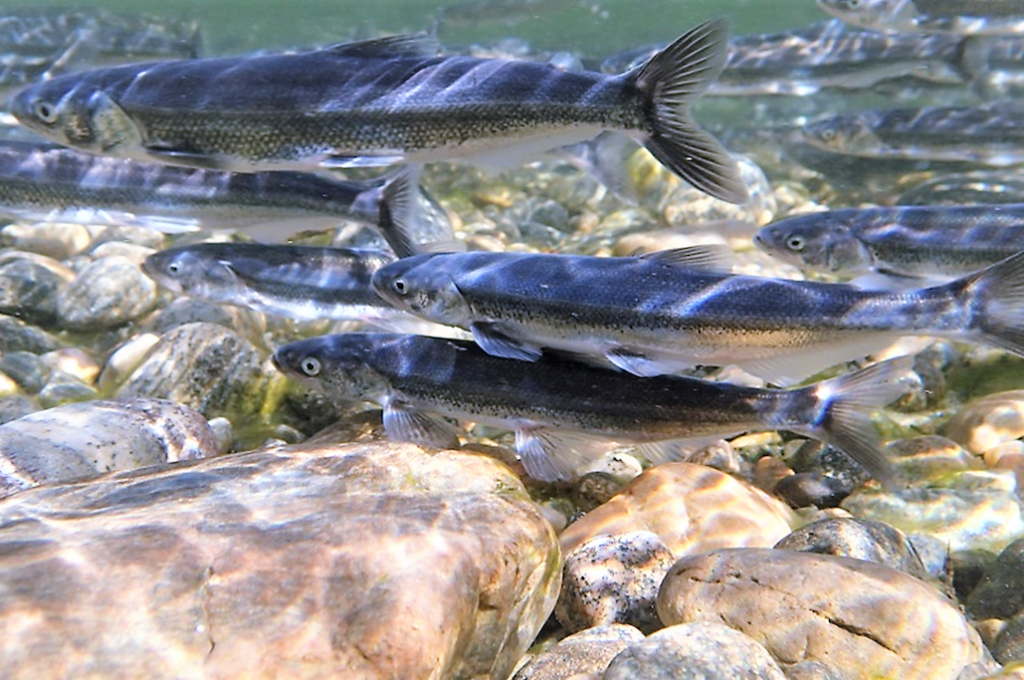
We are supporting conservation efforts to protect the endangered oolichan and its habitat, which hold significant cultural and economic importance to Indigenous communities, including the Haisla Nation.